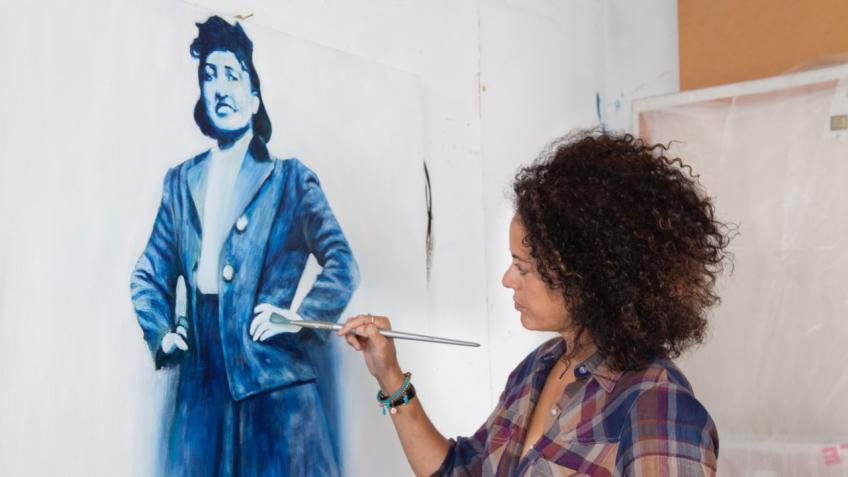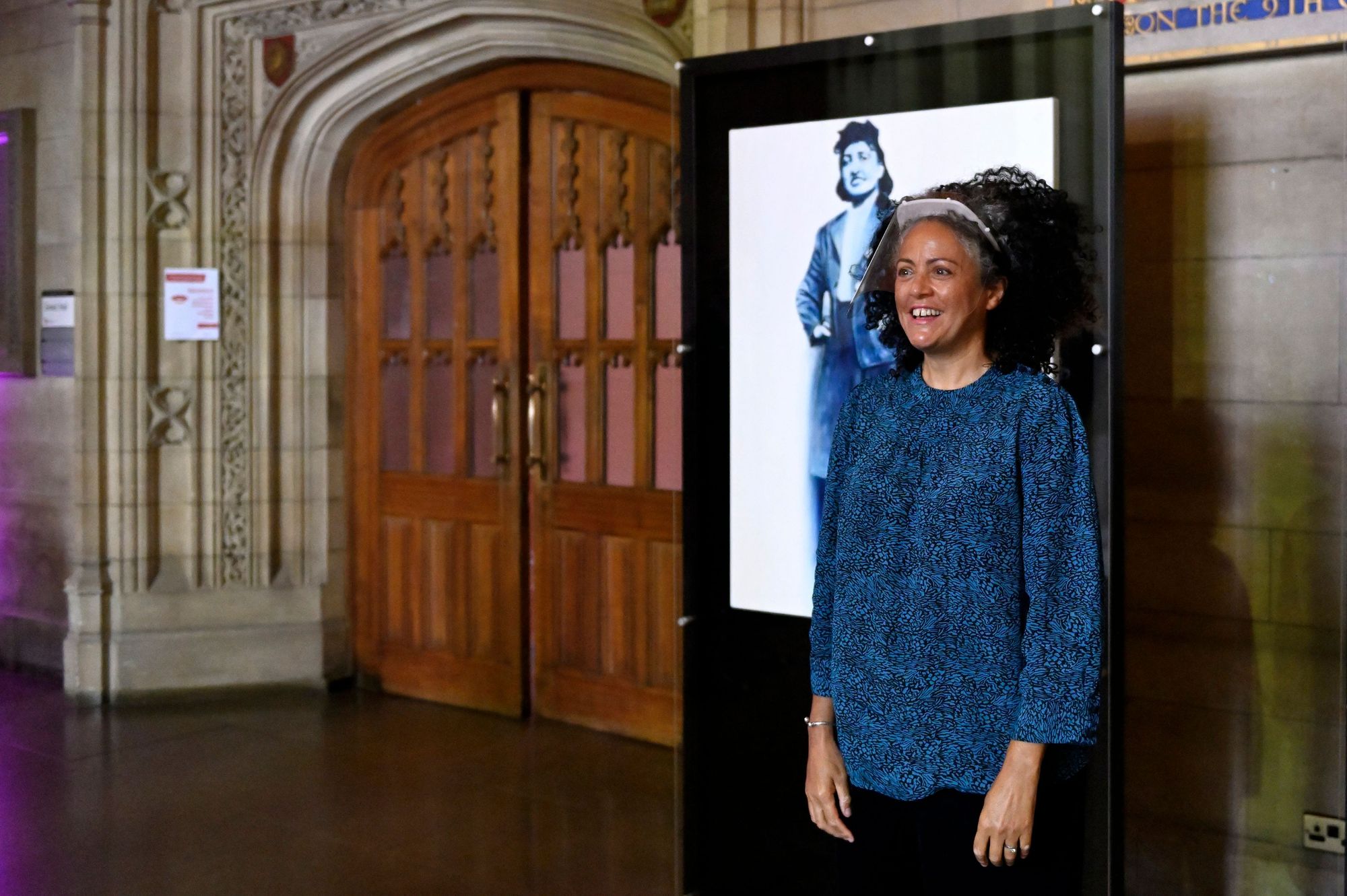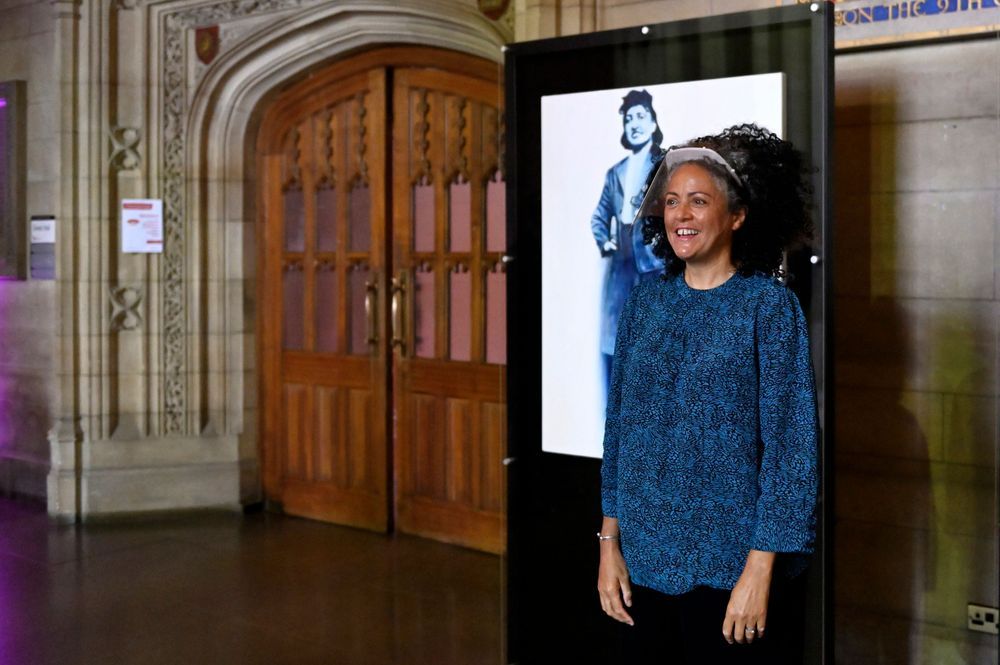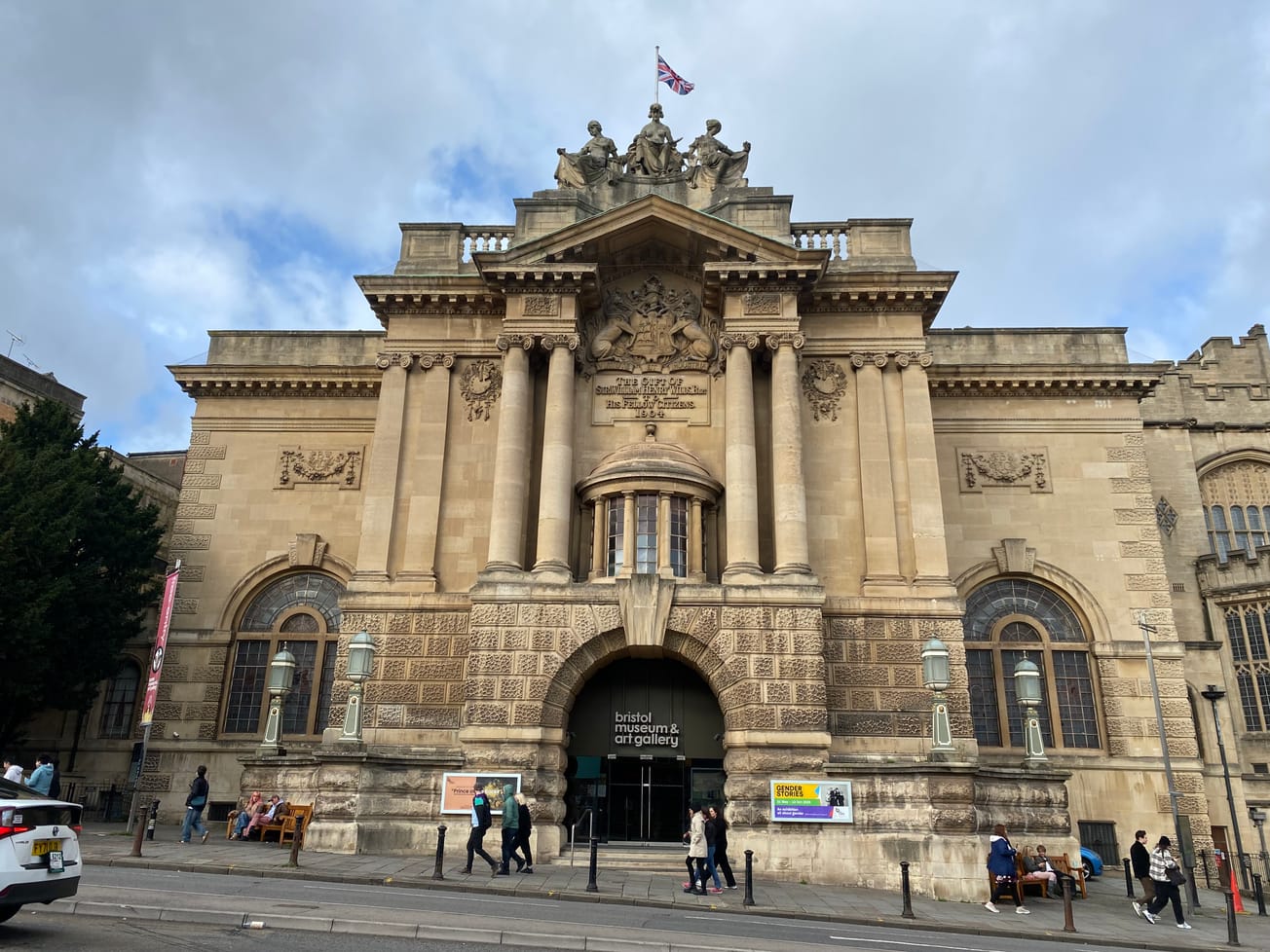By Eve Bentley-Hussey, Deputy News Editor
Henrietta Lacks was a Black American woman whose human cells were the first ever to survive and multiply outside the body.
The University of Bristol has commissioned local artist Helen Wilson Roe to create a sculpture of Henrietta Lacks.
It follows the exhibiting of two of Helen’s portraits of Henrietta Lacks and Cllr Cleo Lake, Bristol’s first Black female Lord Mayor, which have been on display in the Wills Memorial Building since October last year.

Henrietta Lacks was a young mother who died of cervical cancer. During surgery, a sample of cells was taken from the tumour and sent to a laboratory where they were found to be the first living human cells ever to survive and multiply outside the human body.
Henrietta's cells, known as HeLa cells, formed the first scientifically defined ‘immortal’ human cell line, opening the door to all kinds of experiments and research on cell behaviour.
Henrietta's cells have made possible some of the most important medical advances of all time including the development of the polio vaccine, chemotherapy, gene-mapping, IVF and cloning. They are also currently being used in COVID-19 research at the University of Bristol.

The unveiling of the sculpture will be accompanied by an exhibition in October of portraits by Helen Wilson-Roe featuring Henrietta Lacks and her family called ‘A Brush with Immortality.’
Artist Helen Wilson Roe said: ‘This is the University offering more than lip service or tokenistic gestures, but actually committing to supporting a Black female artist by sustaining my art and recognising Henrietta Lacks.’
2021 marks the centenary year since Henrietta's birth and 70 years of use of HeLa cells.
Helen Wilson-Roe is working in collaboration with the Lacks family.
Jeri Lacks, Henrietta Lacks’ Granddaughter, said: ‘As the world celebrates Henrietta Lacks’ centennial, my family eagerly anticipates the unveiling of this tribute to Henrietta Lacks the woman - and her phenomenal HeLa cells. It is incredible to see our Hennie rightfully honoured for her worldwide impact.’
Chemistry Library reopens for students with essential study needs
Petition calling for international students to be financially compensated passes 15,000 signatures
Professor Jeremy Tavaré, Dean of the Faculty of Life Sciences at the University of Bristol, said: ‘The unveiling of the sculpture will coincide with an educational plan that will mark the start of the Faculty of Life Sciences working on the decolonisation of our curriculum which will include an acknowledgement of the invaluable contributions Black people have made to science over the years.’
A widening participation education project and a Henrietta Lacks Masters Scholarship are also being planned.
Featured Image: Bhagesh Sachania Photography
Are you excited about the new statue of Henrietta Lacks?









